5 tips to make your guitar strings last longer
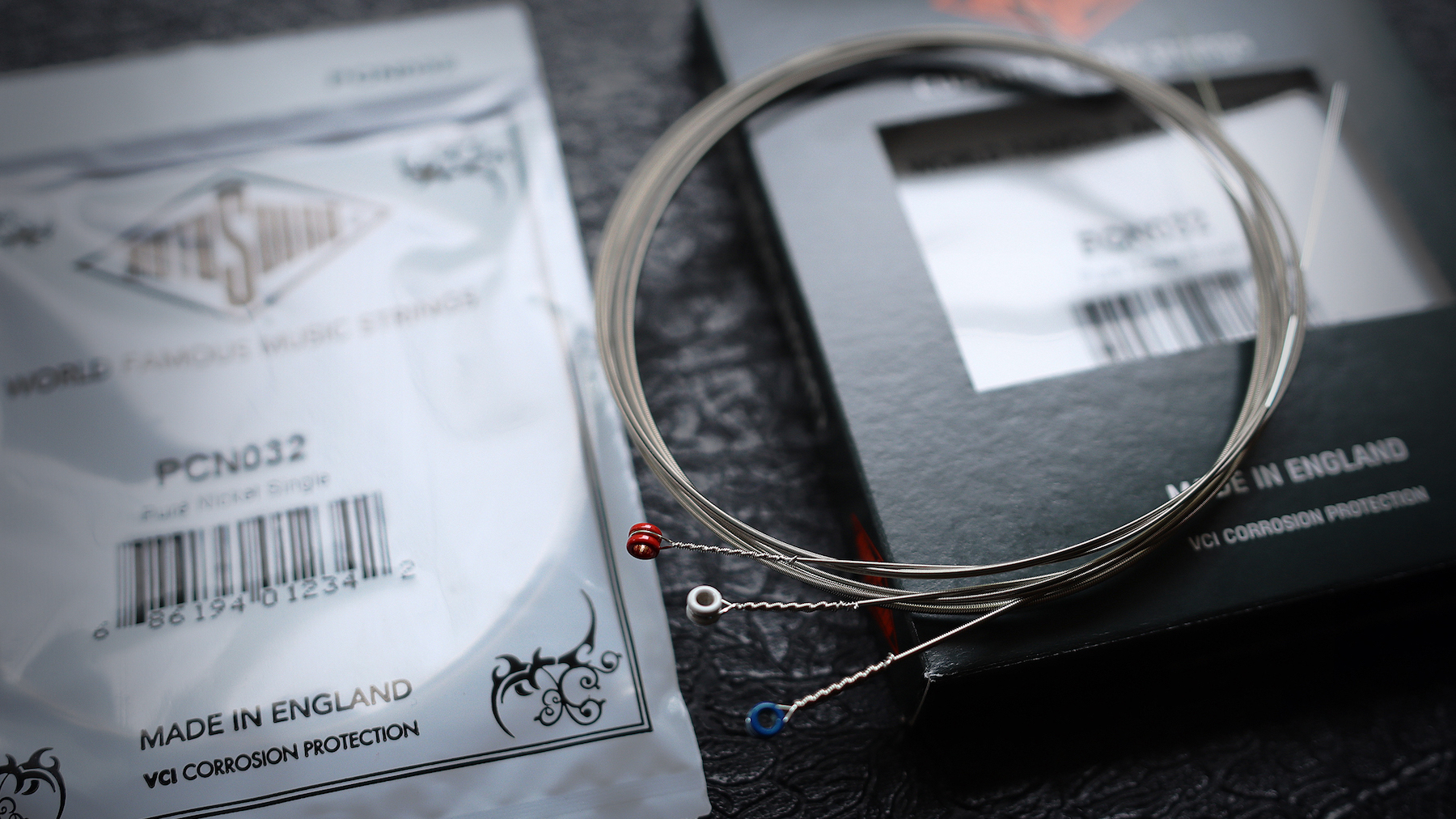
We all want our guitar strings to stay sounding great for longer, but how? British brand Rotosound can help and it's not just about the type of strings they offer, but how they're looked after too.
Here's four tips for longer-lasting guitar strings with Rotosound…
1. Check your string contact points
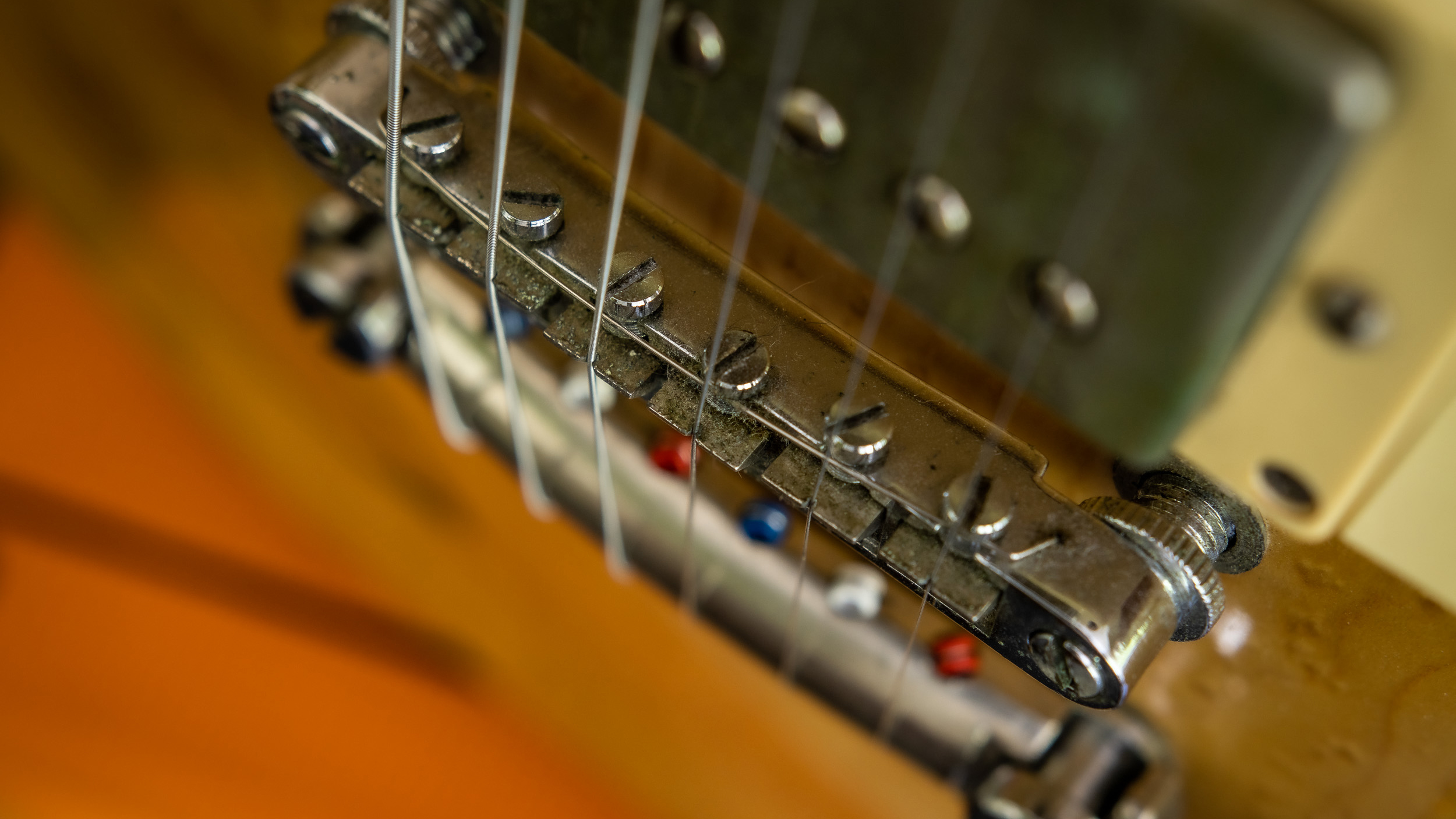
It's vital that your guitar strings can vibrate and resonate as freely as possible when they come into contact with your guitar's saddles, nut slots, string trees and tuning post holes.
If these points have any sharp edges or dirt they can cause string breakage so check them regularly - ideally when you're changing strings – and try to keep them clean.
2. Keep your strings clean
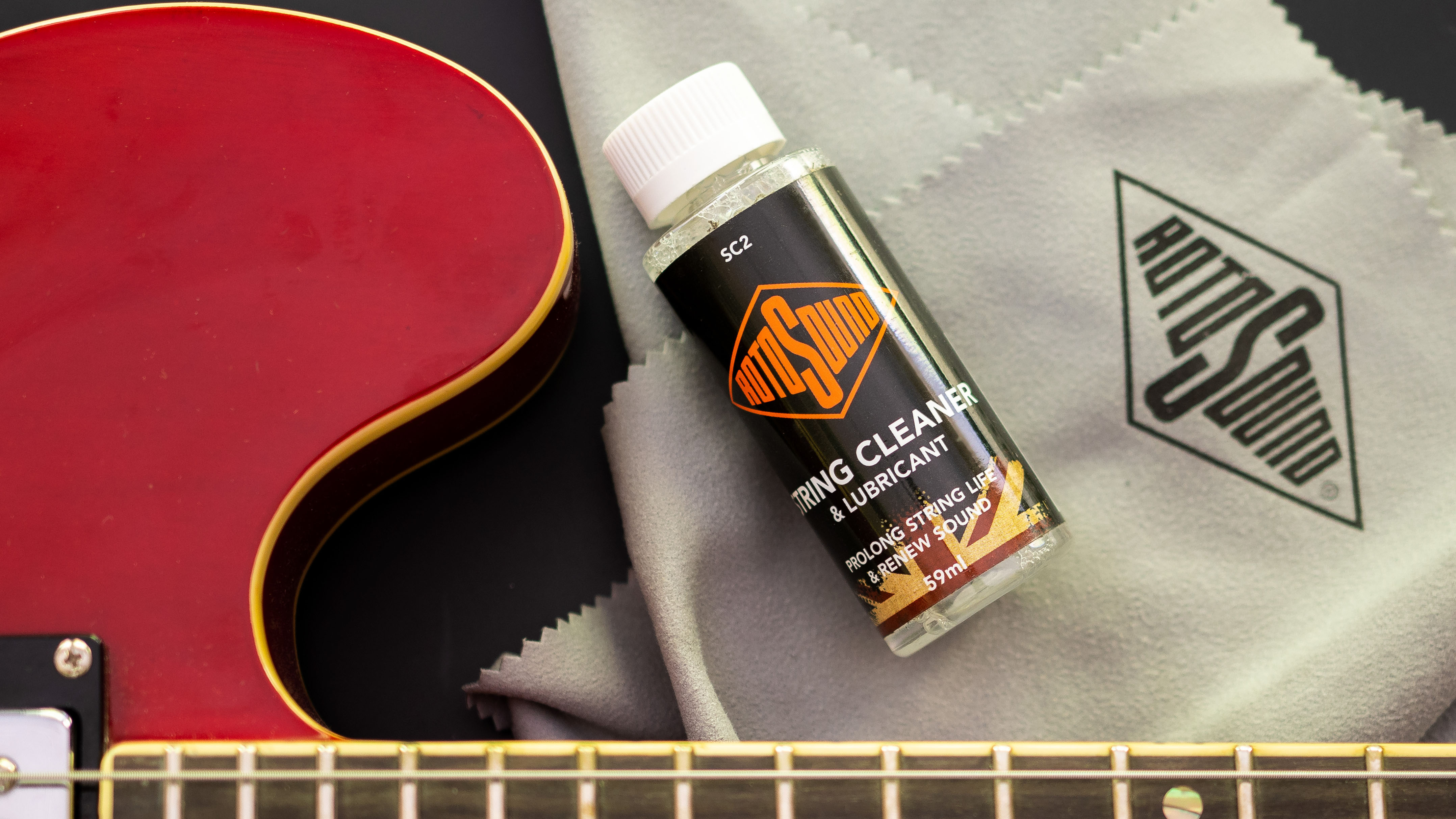
As clean as we might think our hands are day-to-day, dirt and grime finding their way onto your guitar strings is an inevitability. This can make strings sound dull and accelerate their corrosion. But you can help to keep this at bay.
Wiping down your strings with a clean, dry cloth and using string cleaner after playing will prevent the build-up of dirt and grime. Rotosound SC2 String Cleaner conditions the strings as well as cleaning them, leaving them feeling smooth and lubricated.
3. Use coated strings
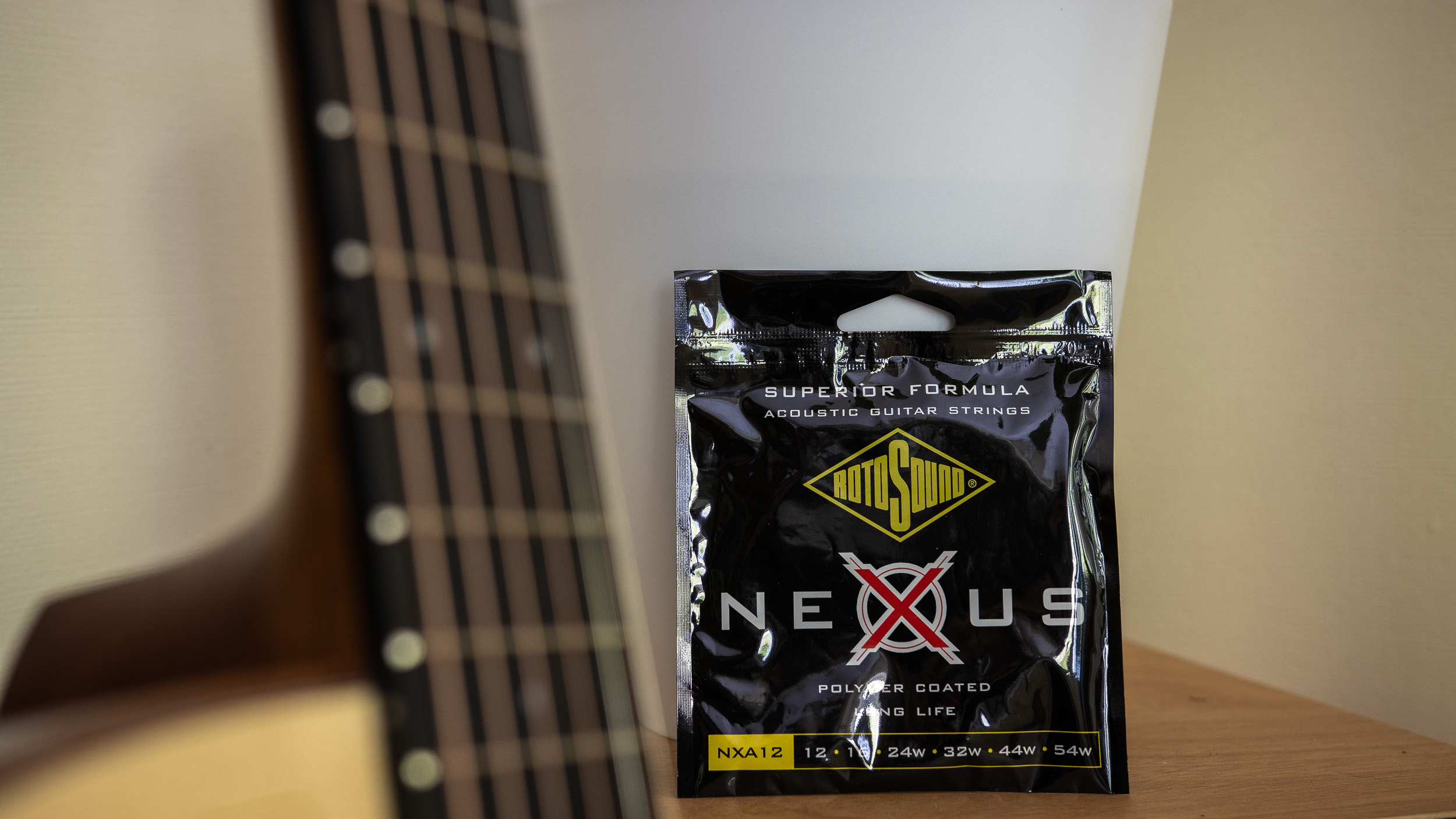
Using coated strings on your guitar is another great way to protect them from grime and moisture. Coated strings use a very thin layer of protective coating over the corrodible metal of the string, helping to prolong their life and keep them sounding good for longer.
Rotosound Nexus Acoustic and Nexus Bass strings feature a silky smooth polymer coating to help retain clarity for an extended life and reduce unwanted finger noise. Each string is pre-coated before winding to provide a more natural feel too.
As an added protection against the unwanted effects of moisture, all Rotosound string packaging is specially designed to keep your strings in new condition for years before use.
4. Use long-life alloy strings
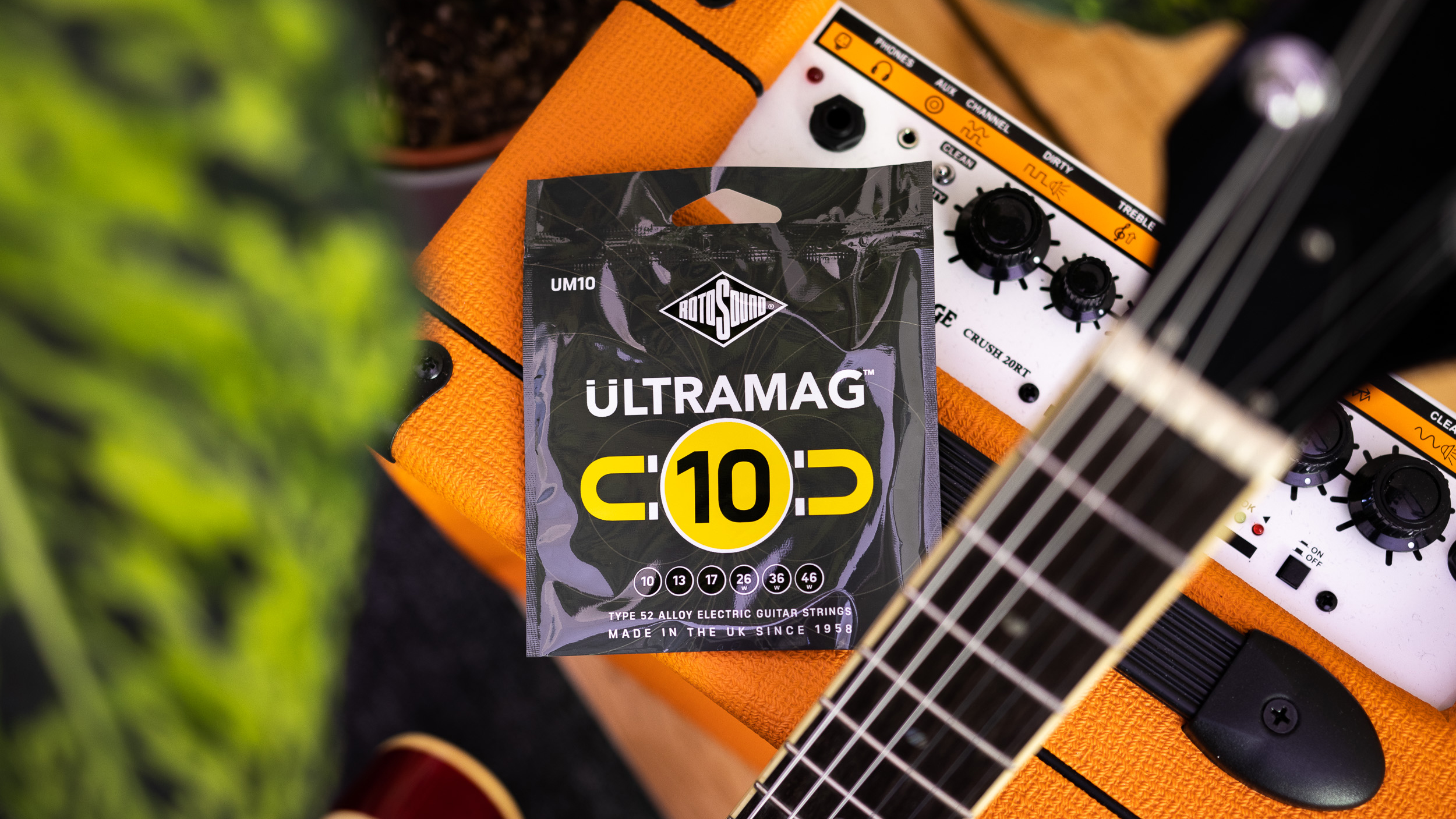
Consider the type of material used for guitar strings you buy as it can have a huge effect on their response as well as lifespan.
Rotosound's Ultramag Guitar and Ultramag Bass strings are made with type 52 alloy; a highly magnetic material made from 52% nickel and 48% iron. This combination of metals offers significant advantages for players. Ultramag strings offer more power, sustain, and a longer string life than traditional nickel or steel guitar strings.
5. Change your plain guitar strings more often than the wound strings
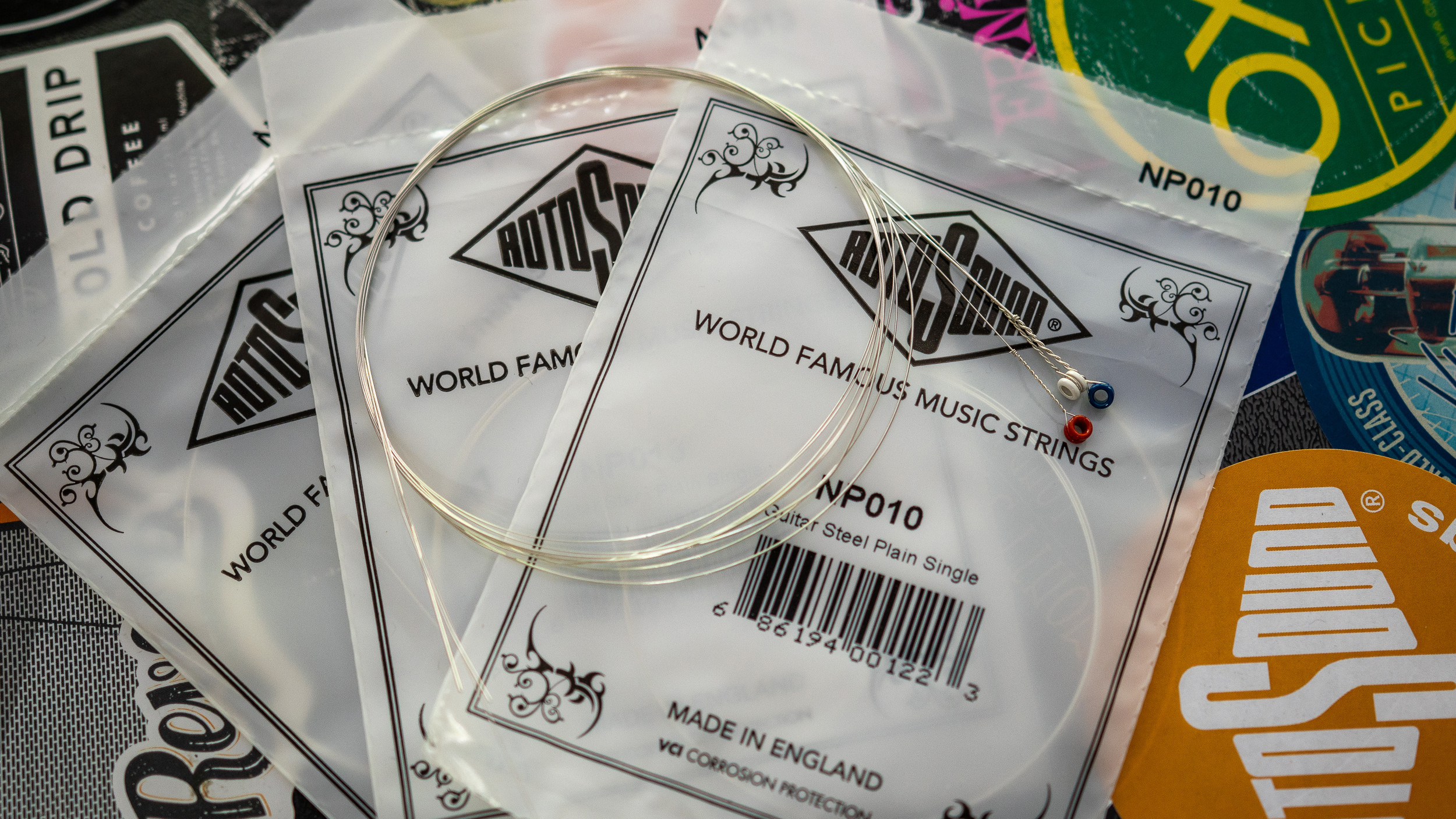
You might be used to changing all your strings at the same time, but that's not always necessary. Your plain (thinner) strings can actually corrode faster than the wound strings.
This is because plain guitar strings are almost exclusively made from tin-coated steel. The tin coating will wear away when played over a period of time and allow the string to corrode a lot quicker than the wound strings.
The simple and inexpensive solution is to replace the plain strings more often than the wound strings. Helpfully, Rotosound sells all of its strings individually, so you can purchase single plain strings as needed. And like Rotosound full sets, they are sealed in airtight, corrosion-resistant packaging.
To find out more about the range of strings and products, head to Rotosound.
Want all the hottest music and gear news, reviews, deals, features and more, direct to your inbox? Sign up here.